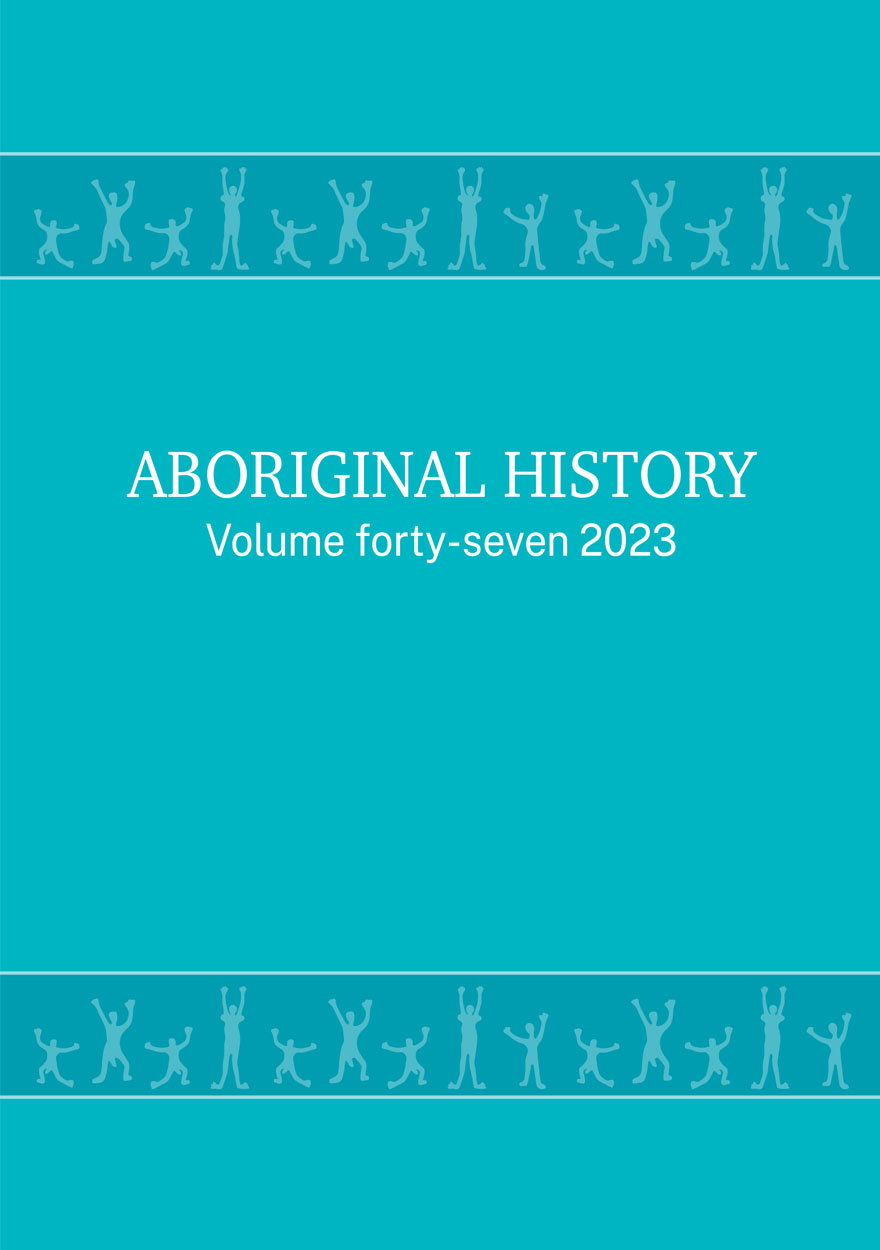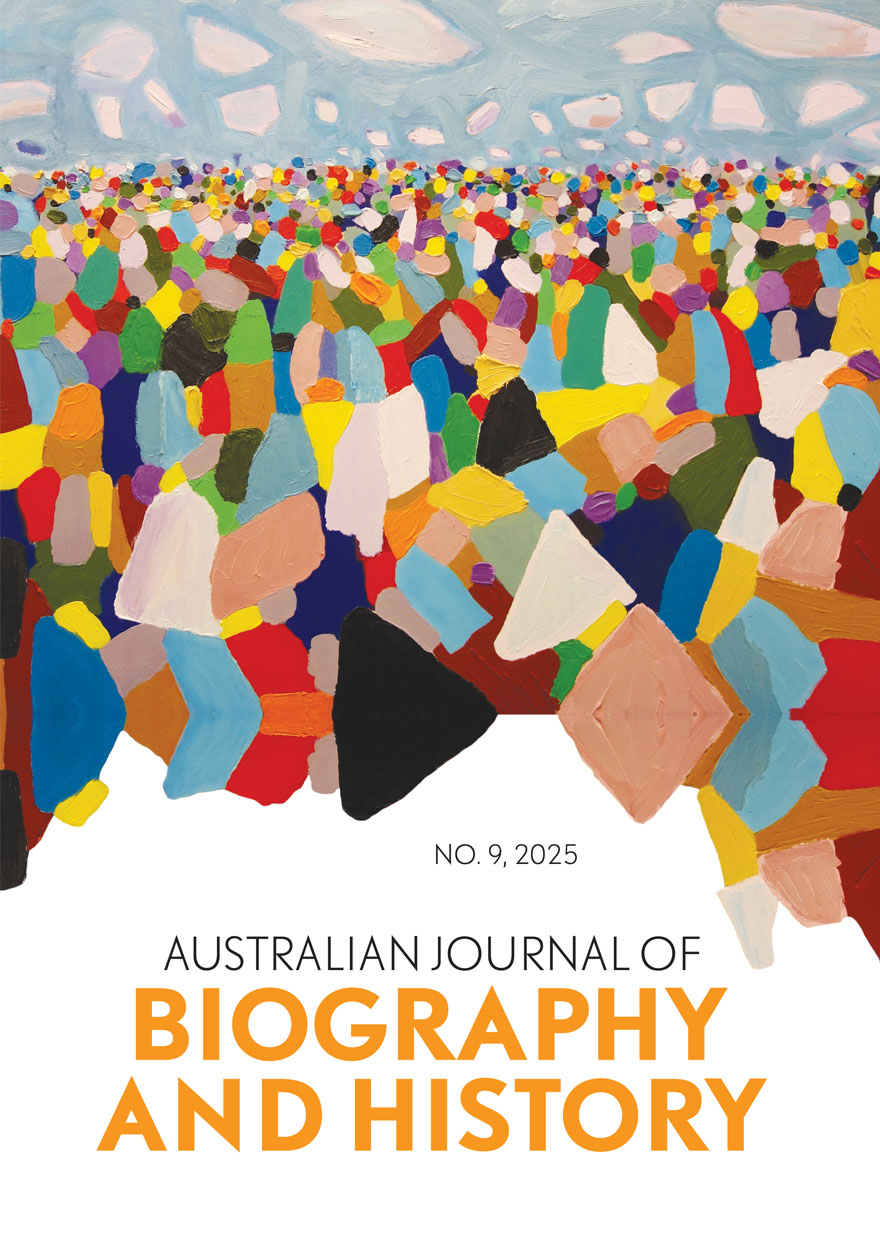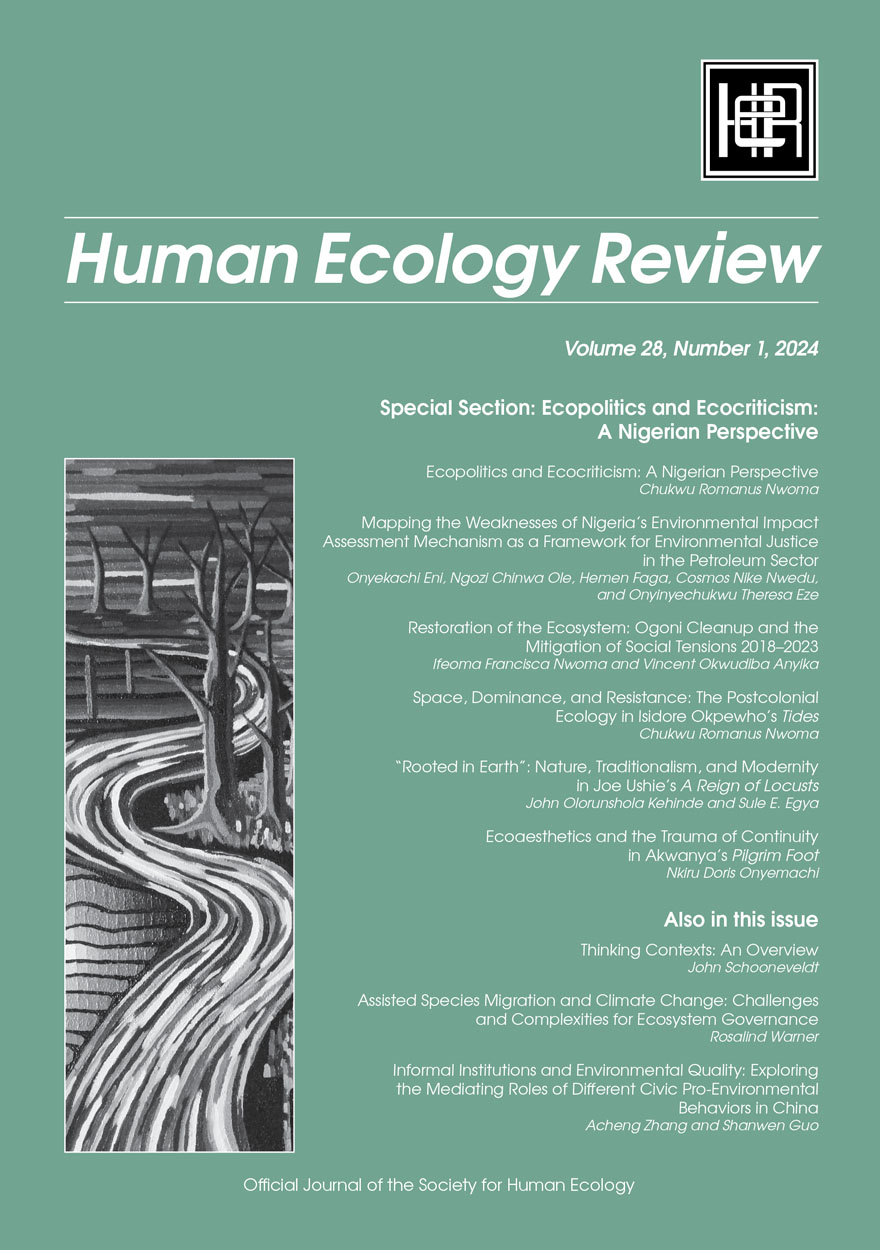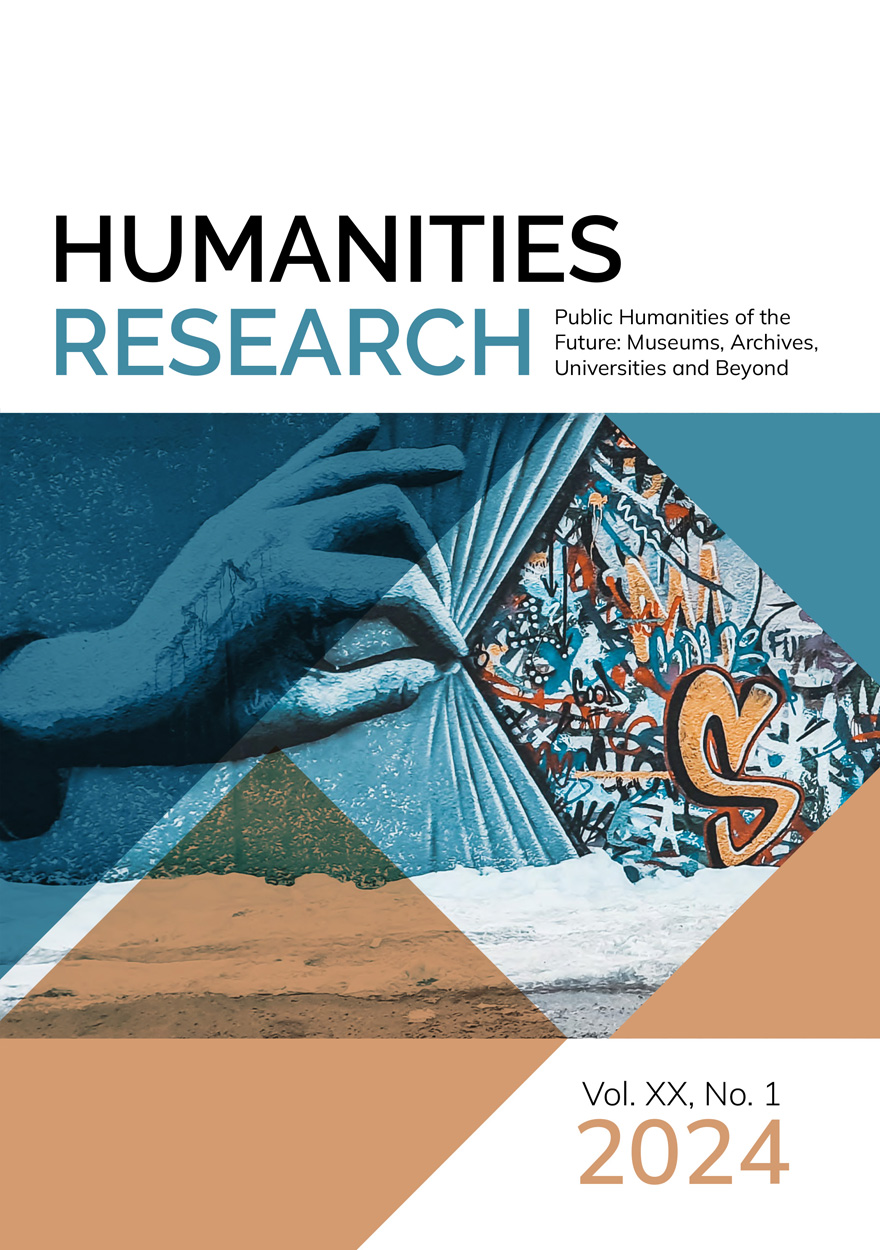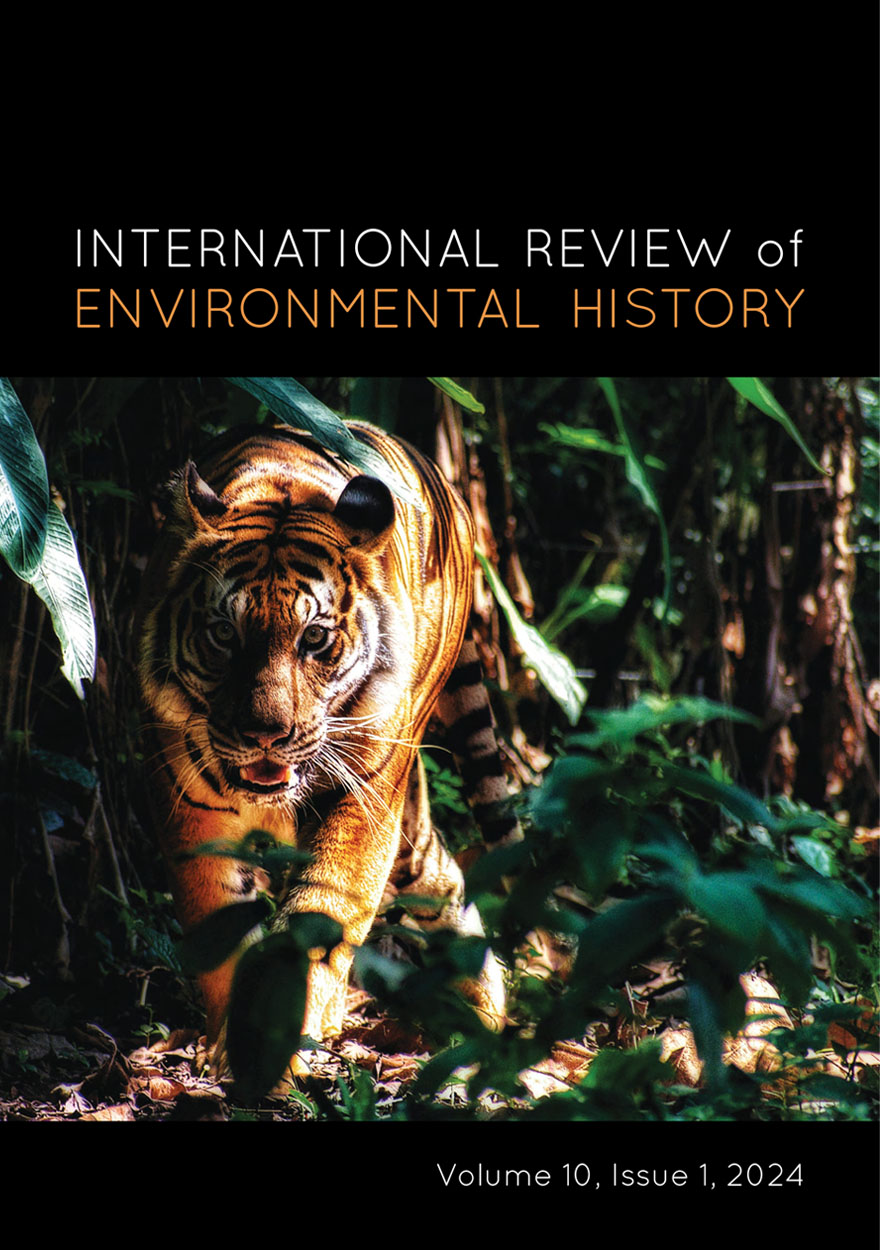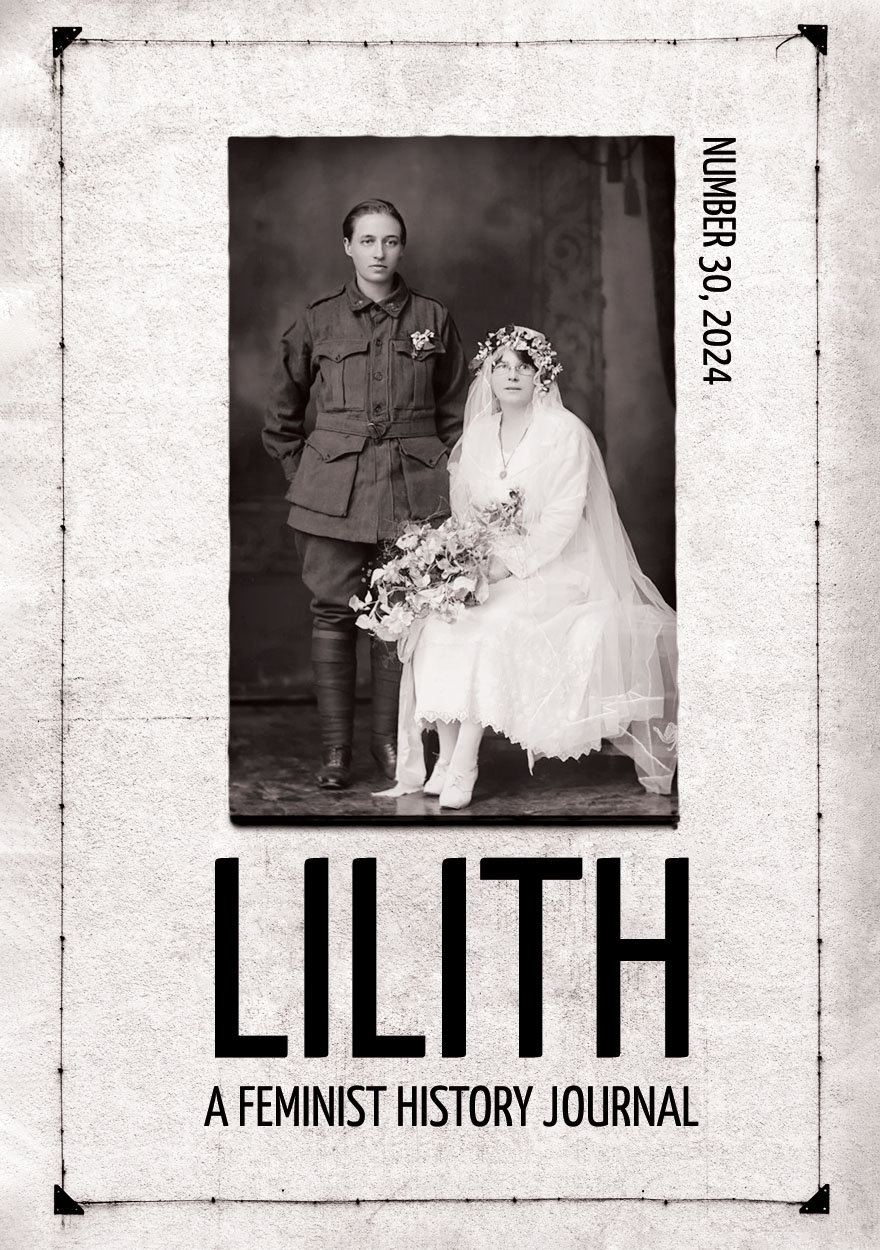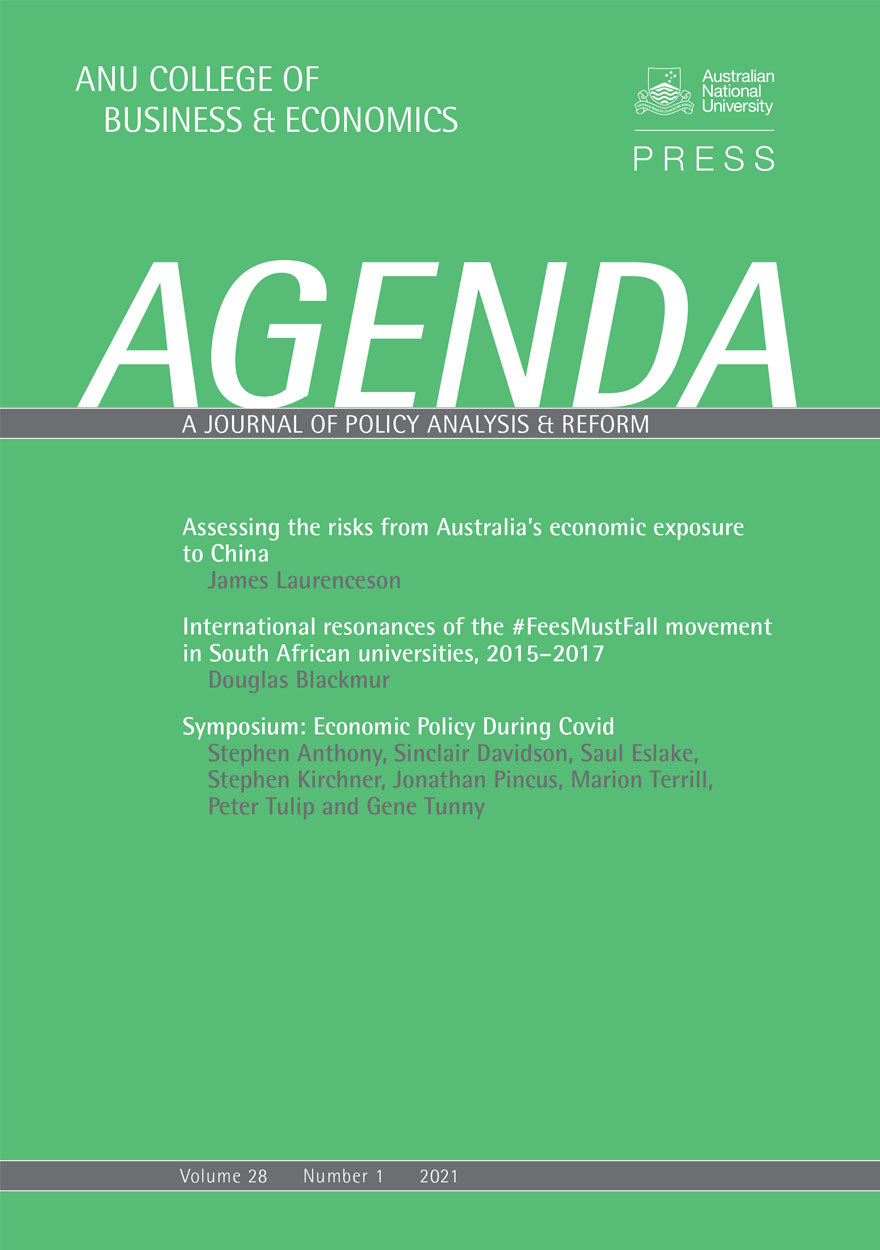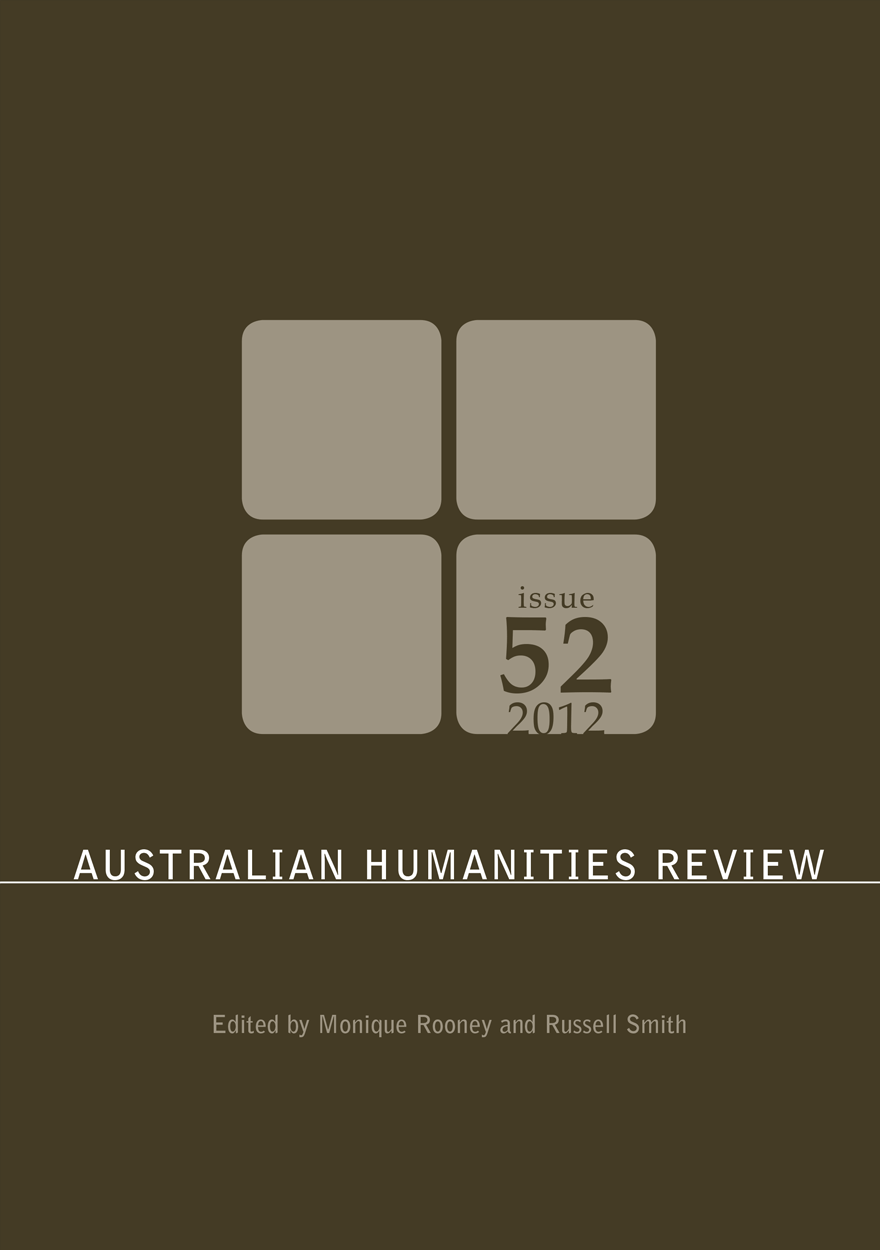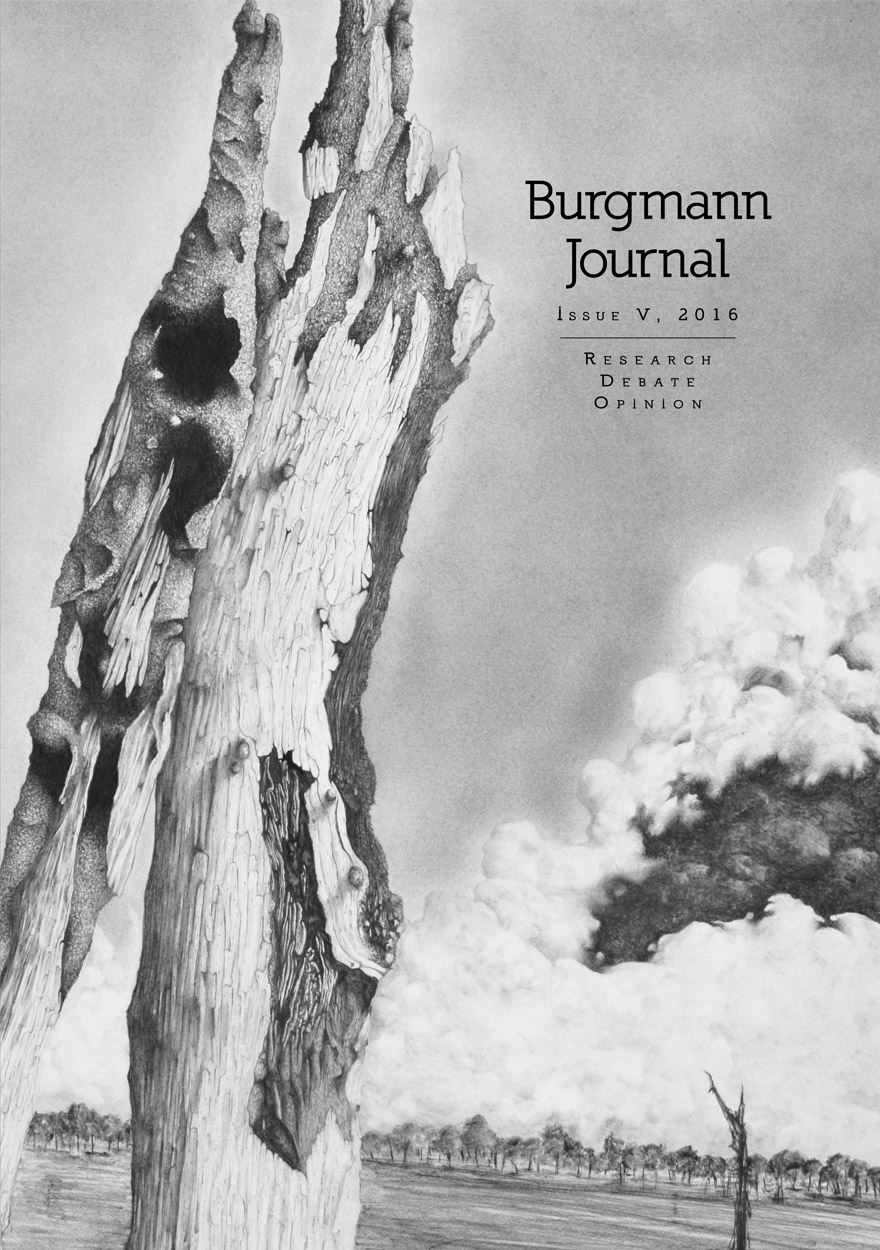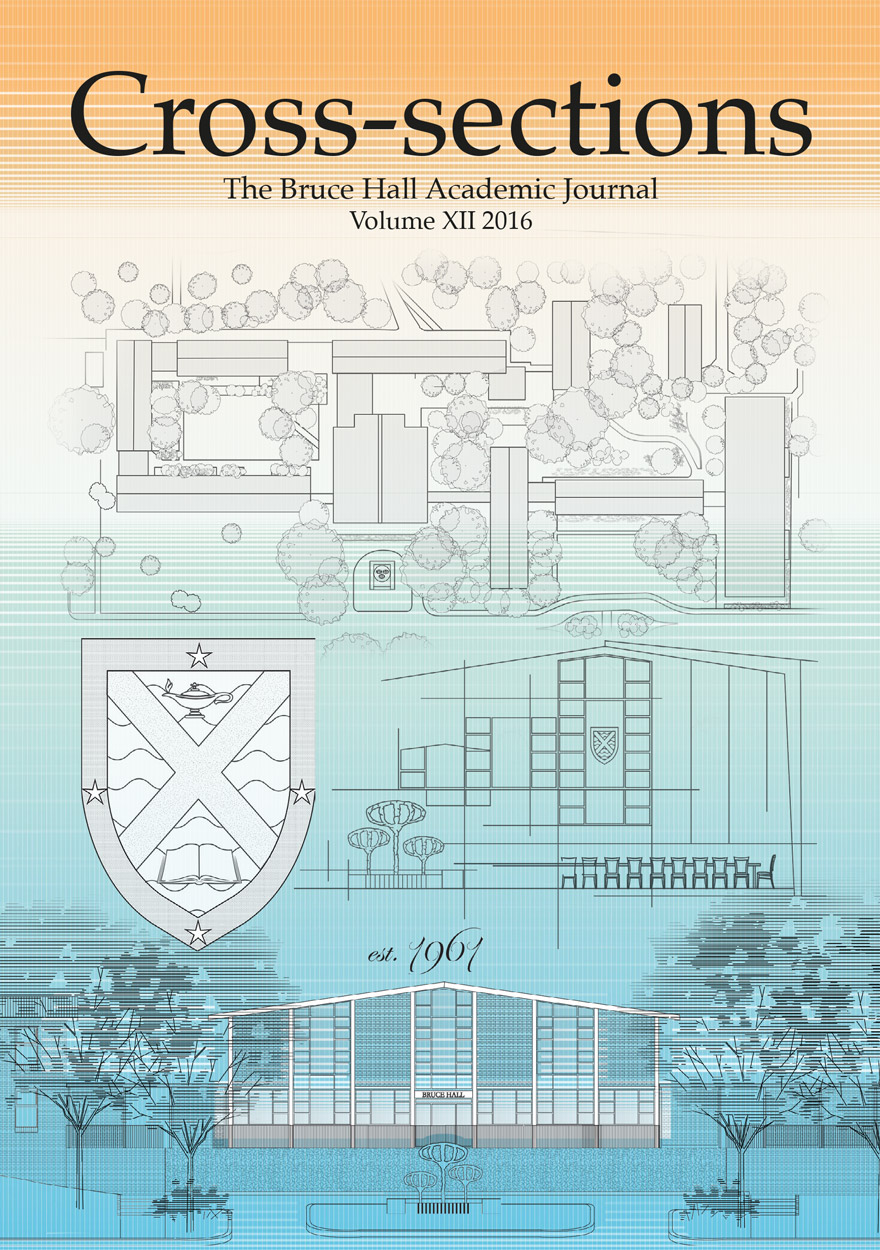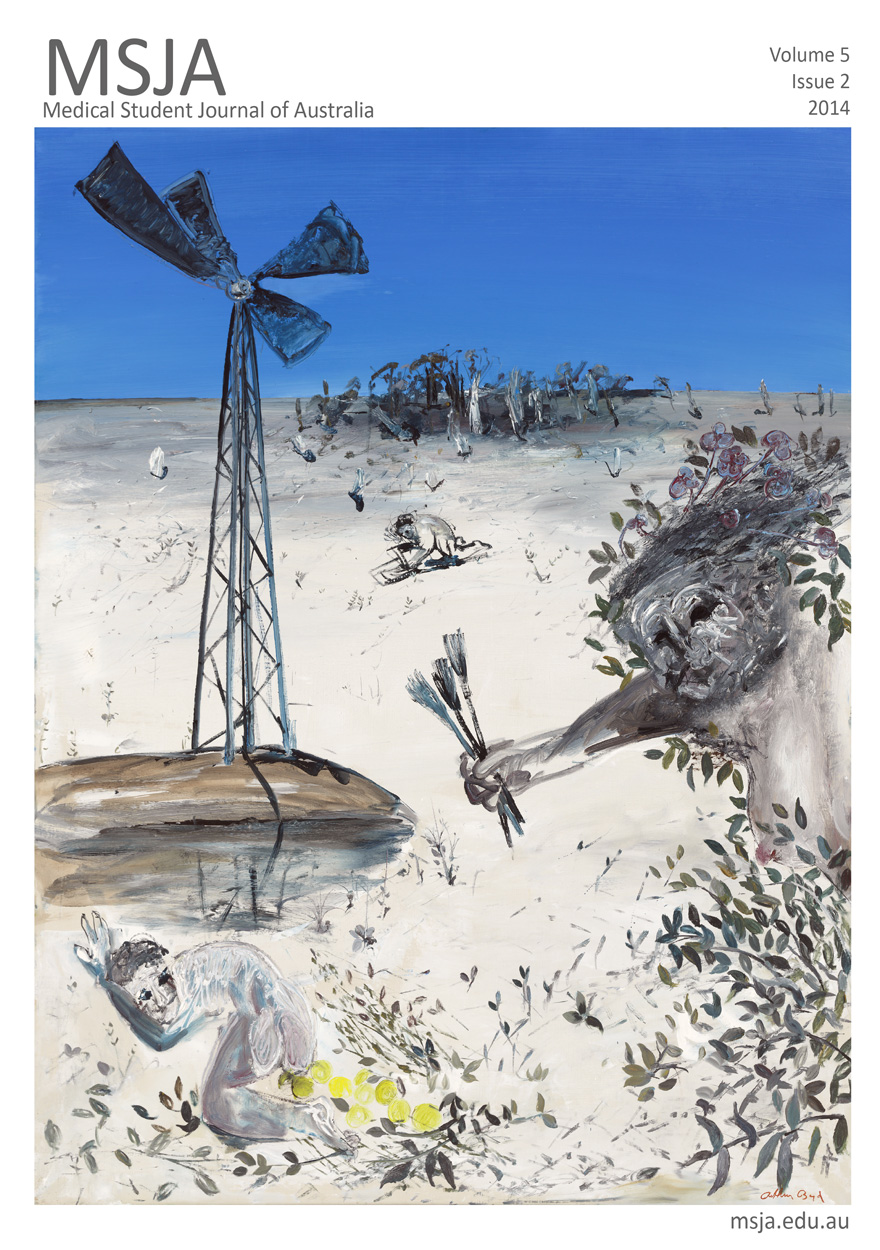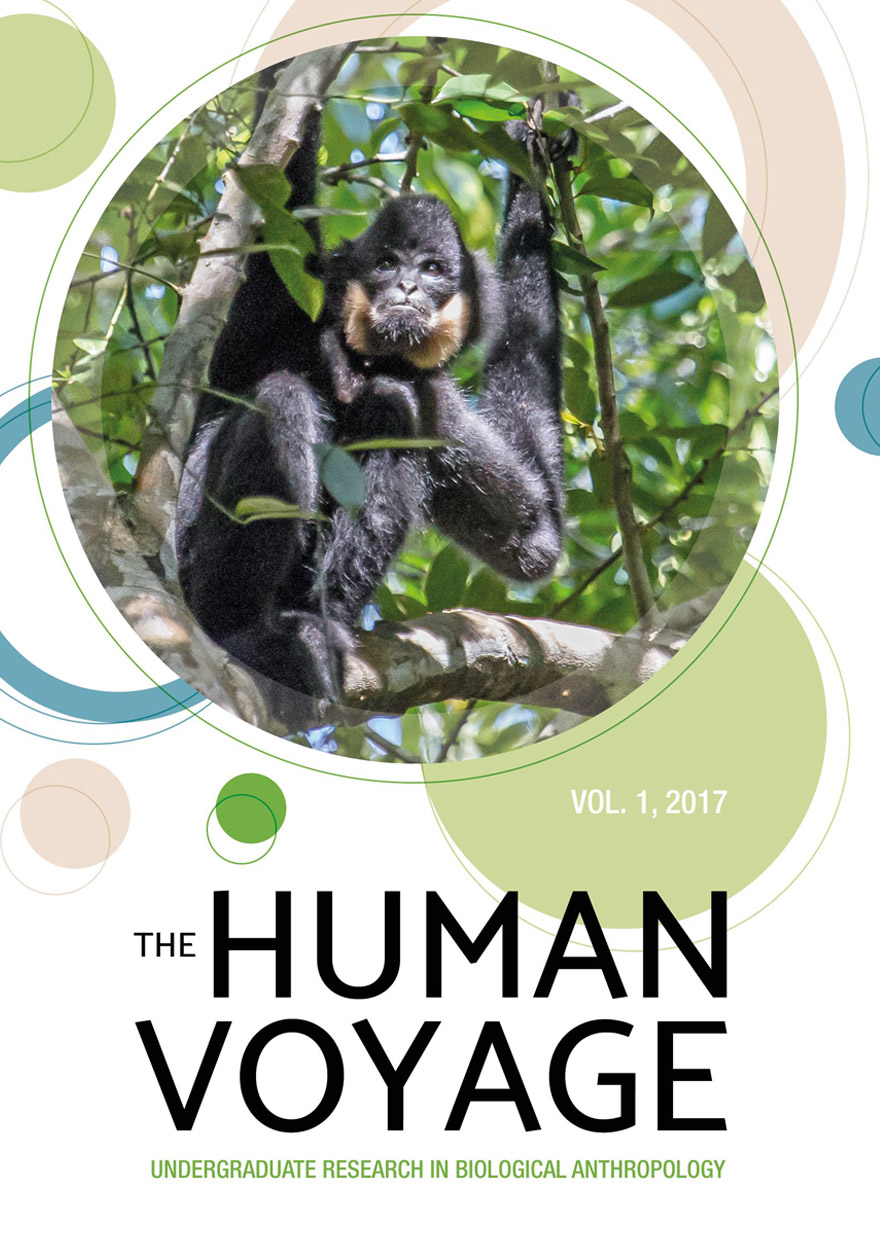Journals
Browse or search a variety of academic journals maintained by ANU Press, or find out more about the journal authors. Download the book for free or buy a print-on-demand copy.
Anna Haebich »
Professor Anna Haebich is a Senior Research Fellow at Curtin University in Perth Western Australia. She is known for her creative interdisciplinary and cross-cultural approaches to research. Her distinguished publication record includes award winning books, exhibitions and videos and academic works and online contributions. Her career brings together university teaching and research, centre directorship, museum curatorship, visual arts practice, work with Indigenous communities, and creative writing.
Anna’s meticulous research is dedicated to achieving social justice and humanitarian goals through social action, creativity and knowledge creation. Her research interests include histories of Indigenous peoples, immigration, the body, the environment, visual arts, museums, representations of the past, biography and crime and gender. Her latest research project is to document the history of Aboriginal performance and performers in Western Australia.
Recent positions include Research Intensive Professor at Griffith University in Brisbane, Queensland, inaugural Historian in Residence at the State Library of Queensland and inaugural Director of the Centre for Public Culture and Ideas. Anna is a Fellow of the Australian Academy of the Humanities and of the Australian Academy of the Social Sciences. She is a Vice President of the Council of the Australian Academy of the Humanities and member of the Research Committee of the Australian Institute of Aboriginal and Torres Strait Islander Studies.
Luke Hambly »
Luke Hambly is the Program Manager for the Centre for Democratic Institutions (CDI), housed by the Crawford School in the College of Asia and the Pacific at ANU. He has been with CDI since 2005 and prior to this, Luke worked within the discipline of Anthropology at ANU, including as research assistant to the Anthropology Department in the Research School of Pacific & Asian Studies (RSPAS), and as the inaugural course Coordinator of the Master of Applied Anthropology and Participatory Development (MAAPD) in the School of Archaeology and Anthropology. In 2004 Luke was awarded a Masters in Applied Anthropology and Participatory Development at ANU.
Luke was employed at AusAID between 1998 and 2000 working in a variety of areas within the agency, including the PNG branch, where in 2000 he was given the opportunity to work for 3 months with the Bougainville Peace Monitoring Group as a civilian monitor on the island of Buka. In 1999 he spent 3 months in Alice Springs working with the NT Aboriginal Areas Protection Authority assisting in the registration of sacred sites within the Northern Territory of Australia.
Adrian Horridge »
After graduating with a PhD in neurophysiology in 1954, Professor Adrian Horridge, was a Scientific Officer in the Royal Aircraft Establishment, Farnborough, U.K., and a Research Fellow at St John’s College, Cambridge, with a Fellowship from the Commissioners for Exhibition of 1851. From 1956-69 he was Lecturer in Zoology then Director, Gatty Marine Laboratory, St Andrews University, Scotland.
As part of the collaboration with Professor Bullock to write a large compendium on the nervous systems of the invertebrates, there followed three visits to the USA; 1959-60 as a Visiting Associate Professor at University of California, and Fellow, Center for Advanced Study Stanford, California. In 1965, he was a Visiting Professor, Yale. From 1955-69, there were numerous lecture tours, including twice to Russia, and periods of work in marine laboratories, especially Plymouth, Millport, Naples, Port Royal (Jamaica), Friday Harbor (British Columbia), Ghardaga (Red Sea) Heron Island and Lizard Island (Great Barrier Reef). In 1969 he was elected as a Fellow of the Royal Society of London, and in the same year became the 4th founding Professor of the Research School of Biological Sciences in The Australian National University, Canberra, Australia, and in 1973, Fellow, Australian Academy of Science, and Visiting Fellow, Balliol College, Oxford. In 1975 he was Chief Scientist on the U.S. Research Ship Alpha Helix, in the Moluccas, with a base camp at the island of Banda. This led to the writing of several books and monographs on traditional Indonesian boat building. From 1976-77, he was Visiting Fellow, Churchill College, Cambridge, and from 1987 onwards the Executive Director, Centre for Visual Sciences at ANU. Numerous lecture tours abroad including twice to India, Germany and China. He retired at the end of 1992, and from 1993-94 was again Visiting Fellow, Churchill College, Cambridge, U.K. He is at present an Emeritus Professor and Visiting Fellow in ANU.
Janet Hunt »
Janet Hunt is a Fellow at the Centre for Aboriginal Economic Policy Research (CAEPR) at the Australian National University where she teaches Australian Indigenous Development and conducts research on governance and engagement, community development, the socio-economic benefits of Aboriginal involvement in natural resource management in NSW, and the work of international NGOs with Indigenous communities in Australia. She previously managed the Indigenous Community Governance Project 2004-2008, an ARC Linkage Project with Reconciliation Australia. She has been a member of the Central Land Council’s Community Development Reference group since 2007. Her background is in education and international development and she has lectured in International and Community Development at RMIT and Deakin Universities. She was Executive Director of the Australian Council for Overseas Aid, the peak body of international development NGOs, from 1995-2000 and prior to that was Executive Director of the International Women’s Development Agency. She has served on a number of Ministerial Advisory Committees.
Katie Hayne »
Katie has worked as a digital media project officer at the CCR/RSH since 2001. She has worked on a number of research projects including an ARC linkage project Indigenous knowledge and Western science pedagogy: a comparative approach and an ARC E-Research project i-Dig: Developing a prototype multi-institutional search engine for Australian Indigenous collections. Katie currently advises on digital media and film projects and teaches in the Masters of Visual Culture Research. She has previously lectured in Computer Graphic Design at La Salle College, Beijing and tutored in Visual Communications at the University of SA, Adelaide.
Barry Hindess »
After working as a sociologist in Britain, Barry Hindess joined the Australian National University in 1987, later moving to ANU’s Research School of Social Sciences, where he learned to pass as a political scientist and developed his interest in the politics of corruption and anti-corruption. He is now an Emeritus Professor in ANU’s School of Politics and International Relations. Like many senior academics he has publications he prefers to forget, but he is happy to recall Discourses of Power: from Hobbes to Foucault, Governing Australia (with Mitchell Dean), Corruption and Democracy in Australia, Us and them: elites and anti-elitism in Australia (with Marian Sawer) and Governments, NGOs and Anti-Corruption: the new integrity warriors (with Luis de Sousa and Peter Larmour).
Boyd Hunter »
Boyd Hunter (PhD) is Senior Fellow at the Centre for Aboriginal Economic Policy Research, The Australian National University where he specialises in labour market analysis, social economics and poverty research. He is currently on the Steering Committee for the Longitudinal Study of Indigenous Australia, the Scientific Reference Group for the National Indigenous (Closing the Gaps) Clearinghouse, and has been the Managing Editor of the Australian Journal of Labour Economics since 2008. His publications span across many social science disciplines and, at last count, he had in excess of 1000 scholarly citations.
Christine Jubb »
Christine Jubb is a full time Research Fellow in ANCAAR at The Australian National University, having served previously as Professor of Accounting at Deakin University in Victoria. She has been a member of the Australian Auditing and Assurance Standards Board since 2005. She is co-author of a major auditing textbook, Assurance and Auditing: Concepts for a Changing Environment. She has secured research grants including from the Australian Research Council.
John Kleinig »
John Kleinig is Professor of Philosophy in the Department of Criminal Justice, John Jay College of Criminal Justice, and in the PhD Programs in Philosophy and Criminal Justice, Graduate School and University Center, City University of New York. He is also Strategic Research Professor at Charles Sturt University and Professorial Fellow and Program Manager in Criminal Justice Ethics at the Centre for Applied Philosophy and Public Ethics (Canberra, Australia). Prior to coming to John Jay College, Kleinig taught for 17 years at Macquarie University (Sydney, Australia). His early and continuing interests have been in moral, social and political philosophy, though he has also done extensive work in philosophy of education, bioethics and, more recently, criminal justice ethics. He is the author/editor of 18 books, and is currently completing four books: Patriotism (with Igor Primoratz and Simon Keller), The Problematic Virtue of Loyalty, Professional Police Practice (with P.A.J Waddington and Martin Wright), and Ends and Means in Policing.
Elizabeth Keen »
Elizabeth Keen studied English Language and Literature at Bristol University (BA Hons 1964) with special attention to the medieval period. While raising a family in Australia she worked as a teacher, then resumed her studies in the History Department at The Australian National University (MA 1996, PhD 2002). As a Visiting Fellow in the Department she published a number of papers on the medieval encyclopaedic genre and the monograph Journey of a Book: Bartholomew the Englishman and the Properties of Things (ANU Press) in 2007. The book-chapter ‘Shifting horizons: the medieval compilation of knowledge as mirror of a changing world’ is due to appear in 2011 in Encylopaedism before the Enlightenment ed. J. König and G.Woolf (CUP, in press).
Michael Kend »
Dr Michael Kend’s research interests include financial reporting, the market for audit services, and capital markets research. He is a research fellow of the Australian National Centre for Audit and Assurance Research (ANCAAR). He is a former accounting lecturer at ANU (2003 to July 2007), and a former convenor of the Australian Auditing Research Forum held annually at ANU since 2003. He has published in the areas of segment reporting, auditing expertise and corporate law reforms. He has been awarded several grants including from the CPA Australia grant scheme, ARC Linkage and the AFAANZ research grants.
James Leach »
James Leach holds a personal Chair in Anthropology at the University of Aberdeen in Scotland. His publications include: Creative Land: Place and Procreation on the Rai Coast of Papua New Guinea (2003) and Rationales of Ownership: Transactions and Claims to Ownership in Contemporary Papua New Guinea (2004). James was awarded the Royal Anthropological Institute J.B. Donne Prize in the Anthropology of Art for 1999 and The Philip Leverhulme Prize (for a co-creative approach to anthropological research) in 2004. His writing and teaching draws upon, and extends, long term collaborative ethnographic field research with Nekgini-language speaking people who live in and around Reite village on the Rai Coast of Papua New Guinea.
David Lawrence »
Dr David Lawrence is an anthropologist who has worked in Papua New Guinea, Indonesia, the Solomon Islands and Finland. He has academic qualifications in Asian history, political science, languages and in museum curatorial practice and librarianship.
David’s doctoral research examined the traditional and contemporary aspects of economic ties between Torres Strait Islanders and coastal Papuans.
In Australia he was Coordinator of the Torres Strait Baseline Study for the Great Barrier Reef Marine Park Authority and later was commissioned to write on the nature and development of Aboriginal joint management in Kakadu National Park.
Among his publications are: Customary Exchange across Torres Strait (Queensland Museum 1994) Kakadu: the making of a national park (Miegunyah Press 2000); The Great Barrier Reef: finding the right balance (Melbourne University Press 2002) and most recently, Gunnar Landtman in Papua, 1910 to 1912 (ANU Press 2010).
Between 2005 and 2007 David was Research Coordinator on the Community Sector Program Community Snapshot: a national survey of 300 rural communities across the Solomon Islands. The final reports, Hem nao, Solomon Islands, tis team, were presented to AusAID in 2007. In 2005 he was a Frederick Watson Fellow at the National Archives of Australia and in 2010 he was Scholar-in-Residence at the National Film and Sound Archive.
He is currently a Resident Visiting Fellow at the Resource Management in Asia Pacific program at ANU and a consulting anthropologist on the 2010 and 2011 RAMSI People’s Surveys in the Solomon Islands.
Peter Greener »
Dr. Peter Greener is Dean of the Academic Faculty at the Command and Staff College of the New Zealand Defence Force and Adjunct Professor in the Faculty of Health and Environmental Sciences at AUT University, Auckland. He was Head of the Division of Public Health and Psychosocial Studies at AUT University from 2003 – 2007, and Head of the Department of Psychotherapy and Applied Psychology from 1998 – 2003. He has a Masters degree in Public Policy from Victoria University of Wellington and a PhD is in Political Studies, with a focus on New Zealand Defence decision making, from the University of Auckland. Peter’s research interests include the aetiology, management and resolution of conflict; post conflict development; military capability development; and the politics of defence decision making. He brings to these interests the perspective of his many years experience as a psychoanalytic psychotherapist. Peter’s most recent publications are ‘Preparing for an Uncertain Future: Force Structure Implications of the New Zealand Defence White Paper 2010’, Security Challenges, Volume 7, Number 1, Autumn 2011; ‘Ethics Research: Moral Psychology and its Promise of Benefits for Moral Reasoning in the Military’, (with Don Parker) in Military Ethics; International Perspectives, Kingston: Canadian Defence Academy Press (2010), edited by Lt.Col. Jeff Stouffer and Dr.Stefan Seiler; Timing is Everything: The Politics and Processes of New Zealand Defence Acquisition Decision Making, Canberra Papers on Strategy and Defence No.173, Canberra: ANU Press (2009), and Decision Making: International Perspectives, Kingston: Canadian Defence Academy Press (2009), edited jointly with Lt.Col. Jeff Stouffer.
Ann Genovese »
Ann Genovese is a historian of modern Australian jurisprudence, and an Associate Professor at the Melbourne Law School, University of Melbourne. Trained in two disciplines, her work focuses on how law and history can be brought into better relationship, to address how Australians live with and practise their law.
Trish Luker »
Trish Luker is based in the Faculty of Law, University of Technology Sydney. Her primary research interests are located at the intersections of evidence law, legal decision-making and documentary practices.
Merici- Ursula Hall Academic Journal »
Please note: This journal is currently not publishing any new issues. Merici is the combined works of undergraduate authors at Ursula Hall. Merici contains research and analysis from a range of disciplines and is thoroughly reviewed by ANU academics to ensure the showcasing of the best Ursula Hall
The Human Voyage: Undergraduate Research in Biological Anthropology »
Please note: This journal is now published via the ANU Student Journals platform; the latest issues can be found here: studentjournals.anu.edu.au/index.php/hv The Human Voyage: Undergraduate Research in Biological Anthropology is a journal that publishes outstanding student articles in all areas of
Australia and New Zealand School of Government (ANZSOG) »
ANZSOG publishes a series of monographs and occasional papers, under the auspices of ANU Press. This series addresses a diverse range of topics on public policy and administration, from both practical and theoretical perspectives. Contributors are drawn from academia, government and the private
Practical Ethics and Public Policy »
The Practical Ethics and Public Policy series (formerly the CAPPE series) is edited by Professor Michael J. Selgelid, Academic Visitor in the ANU School of Philosophy and Director of the Centre for Human Bioethics at Monash. Scholarly Information Services
China Update Series »
The China Update Series is Australia's premier publication for in-depth discussion and analysis of the Chinese economy. The book features contributions from the world's leading academics, policymakers and government representatives who discuss the latest research on the Chinese economy.
Comparative Austronesian Series »
The Comparative Austronesian Series began as the publications of an interdisciplinary project involving anthropologists, linguists and archaeologists committed to the comparative study of the Austronesian-speaking populations of the world whose distribution extends from Taiwan to Timor, and from
Pacific Affairs Series »
The Department of Pacific Affairs at The Australian National University succeeds the State, Society and Governance in Melanesia (SSGM) Program and is devoted to the study of the Pacific peoples and their 22 countries and territories in Melanesia, Polynesia and Micronesia. The department constitutes
Pacific Series »
The Pacific Islands region is home to an astonishing variety of languages, cultures and histories. The Pacific series constitutes a major source of modern scholarship on this region through books that range from history and anthropology to political science, gender studies and environmental studies
ANU Press Journals
Aboriginal History Journal »
Since 1977, the journal Aboriginal History has pioneered interdisciplinary historical studies of Australian Aboriginal people’s and Torres Strait Islander’s interactions with non-Indigenous peoples. It has promoted publication of Indigenous oral traditions, biographies, languages, archival and bibliographic guides, previously unpublished manuscript accounts, critiques of current events, and research and reviews in the fields of anthropology, archaeology, sociology, linguistics, demography, law, geography and cultural, political and economic history.
Aboriginal History Inc. is a publishing organisation based in the Australian Centre for Indigenous History, Research School of Social Sciences, The Australian National University, Canberra.
For more information on Aboriginal History Inc. please visit aboriginalhistory.org.au.
Submission details
Please send article submissions to aboriginal.history@anu.edu.au.
Articles of about 7,000 words in length (including footnotes and references) are preferred, but submissions up to 9,000 words will be considered. Please submit an electronic version of the paper (text only without embedded images or scans) in Microsoft Word or RTF format, along with a short abstract and author biography as a separate document.
ANU Historical Journal II »
The ANU Historical Journal II (ANUHJ II) is an open-access, peer-reviewed academic history journal of the ANU College of Arts and Social Sciences and the ANU College of Asia and the Pacific. It is a revival of the ANU Historical Journal, which was published between 1964 and 1987. Contributors to the first journal included academics such as Ken Inglis, Manning Clark, John Ritchie and Oliver MacDonagh along with then-emerging scholars Iain McCalman, Michael McKernan, Margaret George, Coral Bell, John Iremonger, Alastair Davidson, Susan Magarey and Rosemary Auchmuty. As well as upholding the Journal’s commitment to the work of students and early career researchers, the ANUHJ II has expanded its focus to include memoirs, short articles and long-form book reviews.
The ANUHJ II invites submissions from students, graduates and academics of any Australian university.
For more information about the ANUHJ II, please visit anuhj.com.au
Australian Journal of Biography and History »
The Australian Journal of Biography and History is an initiative of the National Centre of Biography (NCB) in the Research School of Social Sciences at The Australian National University. The NCB was established in 2008 to extend the work of the Australian Dictionary of Biography and to serve as a focus for the study of life writing in Australia, supporting innovative research and writing to the highest standards in the field, nationally and internationally. The Australian Journal of Biography and History seeks to promote the study of biography in Australia. Articles that appear in the journal are lively, engaging and provocative, and are intended to appeal to the current popular and scholarly interest in biography, memoir and autobiography. They recount interesting and telling life stories and engage critically with issues and problems in historiography and life writing.
The journal publishes peer-reviewed articles on Australian historical biography, including biographical studies, studies relating to theory and methodology, and the associated genres of autobiography, life writing, memoir, collective biography and prosopography. We are especially interested in articles that explore the way in which biography and its associated genres can illuminate themes in Australian history, including women in Australian society, family history, transnational networks and mobilities, and Indigenous history.
Submission Details
Please send article submissions or abstracts to the Editor, Dr Malcolm Allbrook, National Centre of Biography, The Australian National University. Email: Malcolm.Allbrook@anu.edu.au. Articles should be in the range of 5,000 to 8,000 words (excluding footnotes), although longer submissions may be considered after consultation with the Editor. Style and referencing: please use footnotes in Chicago style, and follow British spelling.
East Asia Forum Quarterly »
East Asia Forum Quarterly grew out of East Asia Forum (EAF) online, which has developed a reputation for providing a platform for the best in Asian analysis, research and policy comment on the Asia Pacific region in world affairs. EAFQ aims to provide a further window onto research in the leading research institutes in Asia and to provide expert comment on current developments within the region. The East Asia Forum Quarterly, like East Asia Forum online, is an initiative of the East Asia Forum (EAF) and its host organisation, the East Asian Bureau of Economic Research (EABER) in the Crawford School of Public Policy in the ANU College of Asia & the Pacific at The Australian National University.
Submission details
Unsolicited submissions to EAF are welcome. An analytic op-ed piece that is accessible to a general audience and written in crisp language is required. The preferred length of submissions is around 800 words. Submissions will be double-blind reviewed and, if accepted for publication, edited for English fluency and house style before returned for clearance by the author. EAFQ does not use footnotes but would be extremely appreciative if hyperlinks to internet sources are included wherever possible. EAFQ reserves the right to determine the title for any piece, but will not publish a piece or a title without permission. A suggested title is appreciated. If you have any further queries, or would like to submit, please contact shiro.armstrong@anu.edu.au.
Human Ecology Review »
Human Ecology Review is a semi-annual journal that publishes peer-reviewed interdisciplinary research on all aspects of human–environment interactions (Research in Human Ecology). The journal also publishes essays, discussion papers, dialogue, and commentary on special topics relevant to human ecology (Human Ecology Forum), book reviews (Contemporary Human Ecology), and letters, announcements, and other items of interest (Human Ecology Bulletin). Human Ecology Review also publishes an occasional paper series in the Philosophy of Human Ecology and Social–Environmental Sustainability.
Submission details
For information on preparing your manuscript for submission, please visit www.humanecologyreview.org. To submit a manuscript to Human Ecology Review, please visit mstracker.com/submit1.php?jc=her, or email humanecologyreviewjournal@gmail.com.
Humanities Research »
Humanities Research is a peer-reviewed, open access, annual journal that promotes outstanding innovative, interdisciplinary and multidisciplinary scholarship to advance critical knowledge about the human world and society.
The journal is co-published by the Humanities Research Centre, The Australian National University, Canberra. It was launched in 1997 and went into hiatus in 2013. In 2022, the journal is resuming publication, reflecting the continuing strength of the humanities at The Australian National University, the rapid development of the interdisciplinary, environmental and public humanities over the last decade, and the opportunities for international collaboration reflected in the resumption of international travel in 2022.
Issues are thematic with guest editors and address important and timely topics across all branches of the humanities.
International Review of Environmental History »
International Review of Environmental History takes an interdisciplinary and global approach to environmental history. It encourages scholars to think big and to tackle the challenges of writing environmental histories across different methodologies, nations, and time-scales. The journal embraces interdisciplinary, comparative and transnational methods, while still recognising the importance of locality in understanding these global processes.
The journal’s goal is to be read across disciplines, not just within history. It publishes on all thematic and geographic topics of environmental history, but especially encourage articles with perspectives focused on or developed from the southern hemisphere and the ‘global south’.
Submission details
Please send article submissions or abstracts to the Editor, Associate Professor James Beattie, Science in Society, Victoria University of Wellington, PO Box 600, Wellington 6142, New Zealand. Email: james.beattie@vuw.ac.nz.
Abstracts should be no more than 200 words, and include a list of keywords. Articles should be in the range 5,000 to 8,000 words (including footnotes), although longer submissions may be considered after consultation with the editor. Style and referencing: please use footnotes in Chicago Style, follow British spelling, and use single quotation marks only. Find out more details about Chicago Style.
Lilith: A Feminist History Journal »
Lilith: A Feminist History Journal is an annual journal that publishes articles, essays and reviews in all areas of feminist and gender history (not limited to any particular region or time period). In addition to publishing research articles on diverse aspects of gender history, Lilith is also interested in publishing feminist historiographical and methodological essays (which may be shorter in length than typical research articles). Submissions from Australian and international early career researchers and postgraduate students are particularly encouraged.
The journal first began publication in Melbourne in 1984. It is the official journal of the Australian Women’s History Network, an organisation dedicated to promoting research and writing in all fields of women’s, feminist and gender history.
For more information about Lilith, please visit www.auswhn.org.au/lilith/.
Made in China Journal »
The Made in China Journal (MIC) is a publication focusing on labour, civil society and human rights in China. It is founded on the belief that spreading awareness of the complexities and nuances underpinning socioeconomic change in contemporary Chinese society is important, especially considering how in today’s globalised world Chinese labour issues have reverberations that go well beyond national borders. MIC rests on two pillars: the conviction that today, more than ever, it is necessary to bridge the gap between the scholarly community and the general public, and the related belief that open-access publishing is necessary to ethically reappropriate academic research from commercial publishers who restrict the free circulation of ideas.
Discontinued ANU Press Journals
Agenda - A Journal of Policy Analysis and Reform »
Please note: This journal ceased publishing in 2021.
Agenda is a refereed, ECONLIT-indexed and RePEc-listed journal of the College of Business and Economics, The Australian National University. Launched in 1994, Agenda provides a forum for debate on public policy, mainly (but not exclusively) in Australia and New Zealand. It deals largely with economic issues but gives space to social and legal policy and also to the moral and philosophical foundations and implications of policy.
Submission details
Authors are invited to submit articles, notes or book reviews, but are encouraged to discuss their ideas with the Editor beforehand. All manuscripts are subject to a refereeing process. Manuscripts and editorial correspondence should be emailed to: william.coleman@anu.edu.au.
Subscribe to the Agenda Alerting service if you wish to be advised on forthcoming or new issues.
Australian Humanities Review »
Please note: This journal ceased publishing with ANU Press in 2012. Current issues are available at australianhumanitiesreview.org.
Australian Humanities Review is a peer-reviewed interdisciplinary journal featuring articles, essays and reviews focusing on a wide array of topics related to literature, culture, history and politics.
craft + design enquiry »
Please note: This journal ceased publishing in 2015.
craft + design enquiry is an open-access, peer-reviewed journal promoting and disseminating research excellence generated by and about the craft and design sector. craft + design enquiry investigates the contribution that contemporary craft and design makes to society, establishing a dialogue between craft and design practice and cultural, social and environmental concerns. It includes submissions from across the field of craft and design from artists and practitioners, curators, historians, art and cultural theorists, educationalists, museum professionals, philosophers, scientists and others with a stake in the future developments of craft and design.
ANU Student Journals
ANU Undergraduate Research Journal »
Please note: This journal is now published via the ANU Student Journals platform; the latest issues can be found here: studentjournals.anu.edu.au/index.php/aurj
The ANU Undergraduate Research Journal presents outstanding essays taken from ANU undergraduate essay submissions. The breadth and depth of the articles chosen for publication by the editorial team and reviewed by leading ANU academics demonstrates the quality and research potential of the undergraduate talent being nurtured at ANU across a diverse range of fields.
Established in 2008, AURJ was designed to give students a unique opportunity to publish their undergraduate work; it is a peer-reviewed journal managed by a team of postgraduate student editors, with guidance from the staff of the Office of the Dean of Students.
Burgmann Journal - Research Debate Opinion »
Please note: This journal is now published via the ANU Student Journals platform; the latest issues can be found here: studentjournals.anu.edu.au/index.php/burgmann
Burgmann Journal is an interdisciplinary, peer-reviewed publication of collected works of research, debate and opinion from residents and alumni of Burgmann College designed to engage and stimulate the wider community.
Cross-sections, The Bruce Hall Academic Journal »
Please note: This journal is now published via the ANU Student Journals platform; the latest issues can be found here: studentjournals.anu.edu.au/index.php/cs
Representing the combined energies of a large group of authors, editors, artists and researchers associated with Bruce Hall at the ANU, Cross-sections collects a range of works (from academic articles and essays to photography, digital art and installation artwork) that represents the disciplinary breadth and artistic vitality of the ANU.
Presenting a challenging and absorbing way for students to hone vital research skills, in the process, Cross-sections nurtures a fruitful environment of collaborative interaction between academics and students.
Medical Student Journal of Australia »
Please note: This journal ceased publishing in 2015.
The Medical Student Journal of Australia provides the medical school of The Australian National University with a platform for medical students to publish their work in a peer-reviewed journal, communicating the results of medical and health research information clearly, accurately and with appropriate discussion of any limitations or potential bias.
Merici - Ursula Hall Academic Journal »
Please note: This journal is currently not publishing any new issues.
Merici is the combined works of undergraduate authors at Ursula Hall. Merici contains research and analysis from a range of disciplines and is thoroughly reviewed by ANU academics to ensure the showcasing of the best Ursula Hall has to offer.
The Human Voyage: Undergraduate Research in Biological Anthropology »
Please note: This journal is now published via the ANU Student Journals platform; the latest issues can be found here: studentjournals.anu.edu.au/index.php/hv
The Human Voyage: Undergraduate Research in Biological Anthropology is a journal that publishes outstanding student articles in all areas of biological anthropology, including primatology, palaeoanthropology, bioarchaeology and human behavioural ecology.
While the primary goal of this journal is to publish work of the highest quality authored by undergraduate students, it will also educate students in regards to publishing in academia. All submissions will be peer-reviewed and edited by ANU academic staff.




